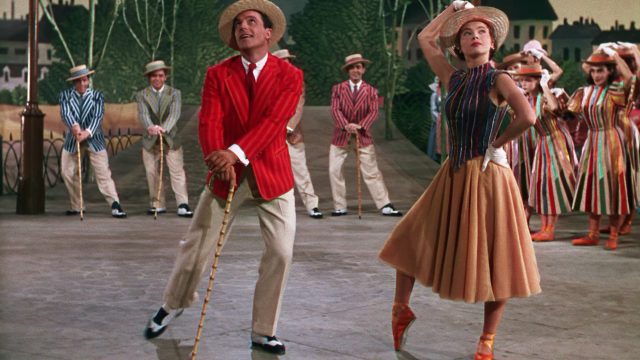The Darkest Hour impresses the other attendees of the hypothetical future Best Picture winners reunion. The Best Picture winners are, by and large, very American, though they are quite enamored with movies with exotic accents and clothes, especially if bombs are dropping in the area. And a place where people endured bombing without a troublesome language barrier? Come on in, mid-20th century British settings!
The Darkest Hour and – once properly soused past his nerves – The King’s Speech stand up and harangue an enthusiastic crowd with the greatest British speechifying in a proud history of movie speechifying. Tom Jones and Mrs. Miniver start up a rendition of “God Save the Queen.” Chariots of Fire waves the Union Jack. Hamlet would join in, except nobody remembers to invite him.
In an alternate timeline, Call Me By Your Name draws much less attention despite being easier on the eyes. The few non-British European nations represented are putting together a pick-up basketball team, but they’re already full (The Life of Emile Zola, The Artist, Braveheart, Gigi, and Gladiator, since you asked). That leaves Call and one other by themselves.
And so it’s a long, long dinner, listening to An American in Paris gush over the greatness of being abroad. The way the primary colors pop. The odd way the streets and sky seem painted when they’re in the distance. The way love looks like it’s going to be unrequited but always returns to you in the end.
“Yeah,” says Call, half-listening and wishing that Moonlight weren’t too shy to interrupt the conversation.
Confession: these two get lumped together because they are the only ones I won’t get to see before the end of the week, Call Me By Your Name because it arrived too late to my town and The Darkest Hour because it’s The Darkest Hour. I have had to make connections based on reviews and comments and, moreso, simple geography. There’s a lot of love for the Brits among the BP Winners.

